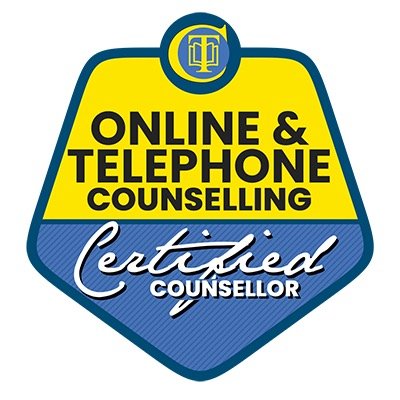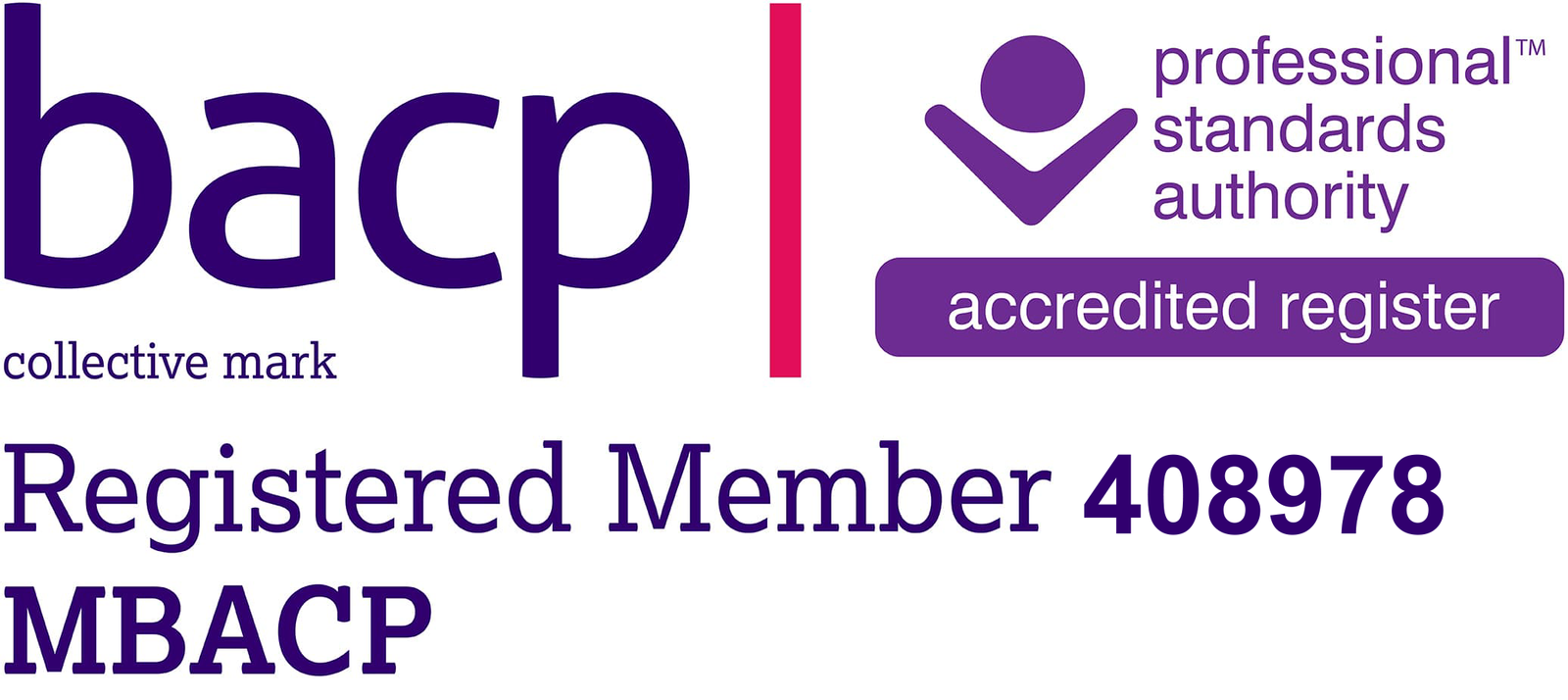What is Online Counselling?
Online counselling, also known as e-counselling, is counselling delivered through the internet. This method allows individuals to communicate with qualified therapists and counsellors via digital platforms, including video calls and phone calls. Online counselling provides a convenient and accessible way for people to receive therapy from the comfort of their own homes.
Benefits of Online Counseling
Increased Accessibility:
People with mobility issues, those living in remote areas, or those with busy schedules can access therapy more easily.
Comfort and Familiarity: Engaging in therapy from a familiar environment can make clients feel more at ease and open during sessions.
Challenges of online counselling.
- Technical Issues: Internet connectivity problems or technical difficulties can disrupt sessions.
- Suitability: Not all mental health issues may be suitable for online counselling. Severe cases or those requiring immediate, intensive intervention might need in-person attention.
- Therapeutic Alliance: Building a strong therapeutic relationship in counselling is essential, online counselling can be challenging through digital mediums, although many therapists successfully create meaningful connections online
How does online therapy work?
I use an online platform that offers secure video calling. We will agree an appointment time and date. I send the link via email, allowing you to connect to the online session at the agreed time you just click on the link and join me for the session. Sessions are usually weekly but can be more or less frequently if you request this
Ongoing sessions are scheduled at mutually convenient times, with communication occurring through the chosen digital medium. You, the client participates in the counselling session from your chosen location, using a device with internet access. I would recommend a location that’s private and where you will not be disturbed.
Online counselling offers a flexible, accessible, and effective alternative to traditional in-person therapy, making mental health support available to a broader audience. By leveraging technology, it addresses many barriers to accessing counselling, providing an essential service in today’s digital age.



